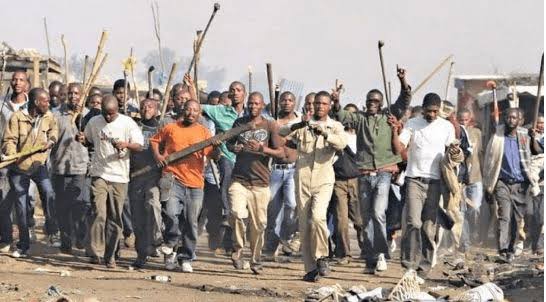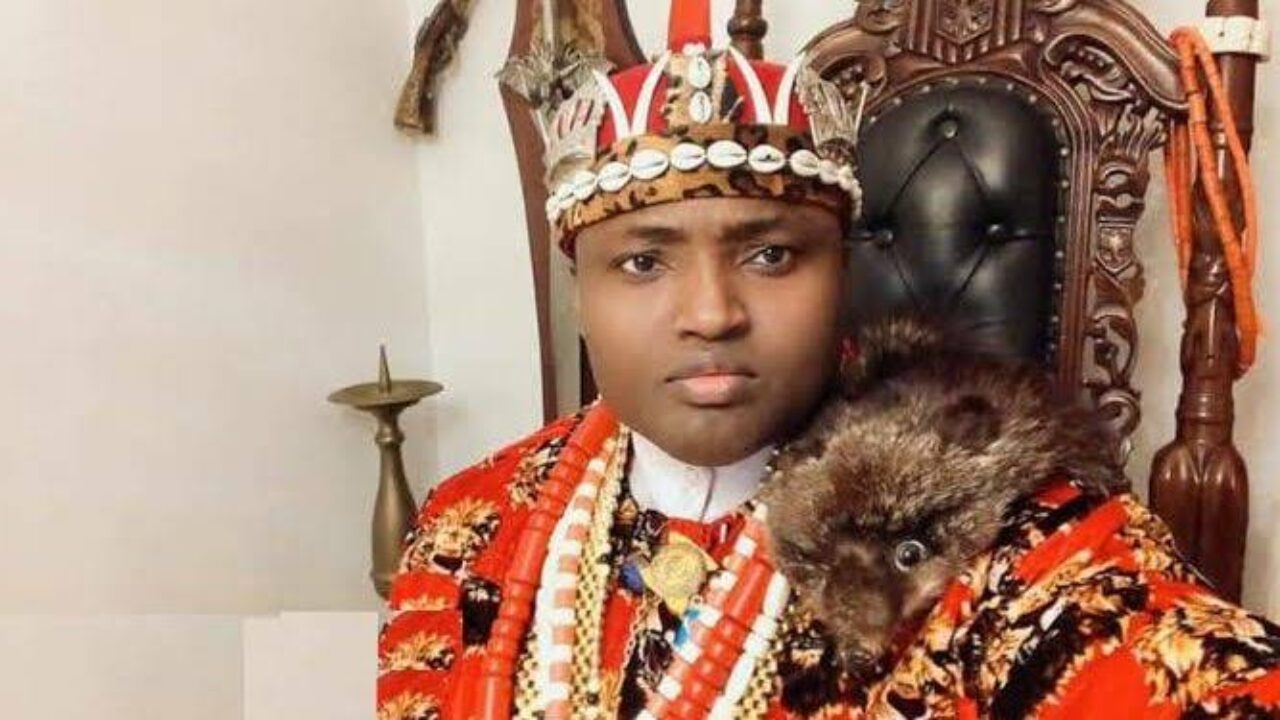Amnesty International has revealed that at least 555 persons were killed by jungle justice and mob violence in Nigeria in the last 10 years.
In a new report entitled, “Instantly Killed: How Law Enforcement Failures Exacerbate Wave Of Mob Violence In Nigeria”, the global human rights organization documents how victims who are often accused of theft, blasphemy, shoplifting and witchcraft are beaten, tortured and killed with impunity, with the suspected perpetrators almost always getting away with it.
The report added that even those with mental health conditions and psycho-social disabilities were consistently targeted by violent mobs that used their disabilities to make false accusations against them to justify the lynching.
“Between January 2012 to August 2023, Amnesty International recorded at least 555 victims of mob violence, from 363 documented incidents across Nigeria,” the report endorsed by
Isa Sanusi, Director Amnesty International Nigeria, stated.
“Over the period of the investigation, at least 57 people were killed by violent mobs; 32 were burnt alive, 2 persons were buried alive, while 23 people were tortured to death.
“Many cases of mob killings in remote areas go unreported, the report noted. The menace of mob violence is perhaps one of the biggest threats to the right to life in Nigeria. The fact that these killings have been happening for a long time, with few cases investigated and prosecuted, highlights the authorities’ shocking failure to uphold and fulfil their obligation to protect people from harm and violence,” said
“The failure of law enforcement agencies, especially the Nigeria Police Force, to prevent mob violence, investigate allegations of torture and killings, and bring suspected perpetrators to justice, is empowering mobs to kill. The problem is compounded by weak and corrupt legal institutions and systems.
“Amnesty International’s research details cases of victims of mob violence that include at least 13 women, six children, and two persons with actual or perceived mental health illnesses and/or psycho-social or intellectual disabilities.
“Cases of mob violence were documented in each of Nigeria’s six geopolitical zones: South-South (82), South-East (43), South-West (98), North-Central (42), North-West (100), and North-East (26).
“In the southern parts of Nigeria, mob violence is mostly targeted at those accused of theft, of taking part in rituals or practising witchcraft. In northern Nigeria, it is mostly used against those accused of blasphemy and often endorsed by religious clerics.
“The apparent encouragement of killings for blasphemy by some Islamic clerics in the north creates an environment in which mobs feel entitled to take the law into their own hands. Meanwhile, influential persons and government officials rarely publicly condemn mob violence for blasphemy.
“Deborah Samuel Yakubu, a student of Shehu Shagari College of Education Sokoto, was killed on 12 May 2022. The organisation laments how a horrifying video showing her being stoned and burned to death was circulated widely on social media.
“The police arrived at the scene after Deborah was already dead; those arrested after the incident were freed and were never brought to justice.
“On 4 June 2022, a blasphemy allegation was made against Ahmad Usman (who was also known as Musa). He was lynched by a mob at the tipper garage in Lugbe District, Abuja.
“On 25 June 2023, Usman Buda – a Sokoto-based butcher was killed by a mob for alleged blasphemy. Amnesty International found that the religious argument leading to his lynching was a set up to settle personal grudges over sales in the market.
“On 18 June 2023, Martina Okey Itagbor was accused of causing the death of two young men who died in a motor accident.
“She was accused of witchcraft, which was alleged to be the cause of the accident. A mob gathered around Mrs Okey and interrogated her. They then collected stones and other harmful objects and tortured her before burning her alive by the roadside.”
“The Nigerian authorities are failing to protect the human rights of victims and their families. They are failing to ensure access to justice and effective remedies for victims, the organisation said.
“The Nigerian authorities must urgently address the escalating cases of mob violence including by upholding and protecting the rights of everyone in the country to life and freedom from torture.
“Government must ensure prompt, thorough, impartial, independent, transparent and effective investigation of cases of mob violence and bring those suspected to be responsible to justice in fair trials. Authorities should also take appropriate and effective measures to prevent cases of mob violence across the country and ensure access to justice and effective remedies for victims. The police must be adequately equipped to prevent and respond to mob violence.” said Sanusi.

 Metro2 days ago
Metro2 days ago
 Metro2 days ago
Metro2 days ago
 Musings From Abroad2 days ago
Musings From Abroad2 days ago
 Sports2 days ago
Sports2 days ago

























